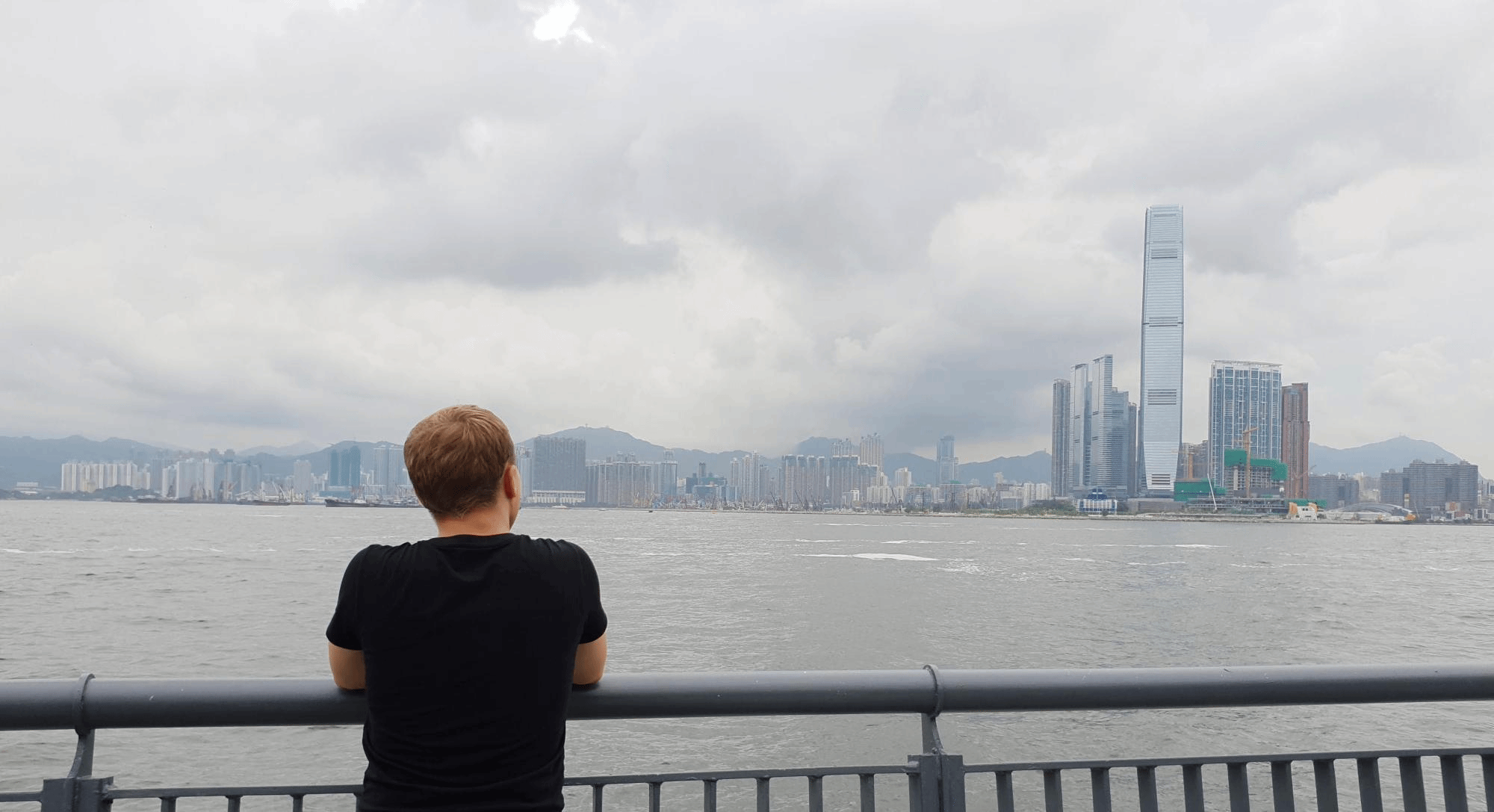As I am writing this, I am only a few weeks away from finally packing my bags and departing to study at the Yenching Academy for the upcoming two years. Although right now, it feels like my life practically revolves around China, I grew up relatively oblivious to its cultural and economic significance. Perhaps unsurprisingly, my exposure at the time was limited to the most potent type of soft power, delicious food. I grow up in a household which likes to experiment with what is served on the plate, frequently using an old Chinese cookbook from the 60s to try new recipes. Sweet and sour ribs or daikon soup became family staples over the years. The real fascination with China began to trickle in only as I moved out to study in London. In my first year at King's College, I was lucky enough to share my flat with some Chinese students. We spent countless evenings discussing culture, food and future aspiration; I even got a chance to pick up some basic Chinese on the way. At the same time, I was learning in class about the rapid economic growth happening in China, alleviating millions of people out of poverty and catapulting the country on the global stage once more.

Inspired, and looking for things to do during the summer break, I decided to try my luck and apply for a short exchange programme. Choosing where to go was not so difficult. I knew I wanted to primarily spend time learning the Chinese language, and as such, applied for the only programme that offered that opportunity while having an agreement with my alma mater. As such, I embarked on my journey, first for a short sightseeing trip to Hong Kong and then to take part in the C1 Chinese language & Culture program organised by the Taiwan University (台大).

I think no amount of preparation, whether it is academic or purely practical, would have prepared me for the amazement I felt when I first arrived at the Hong Kong airport. It struck me for the first time how different societies can be from one another. How many things I considered as commonsensical are simply a result of the cultural background in which I grew up. Out of all the products, behaviours and institutions I had a chance to explore, it is the humble convenience store that most tangibly captured my imagination. To me, they are like perpetually open beacons of light inviting customer with free wifi, delicious food and the prospect of solving any of your worries. Outside of that, the smells, sounds and sights constantly surprised and amazed me, making every walk and commute a joy. Needless to say, I fell in love. Unfortunately, the course eventually ended, and even before I had a chance to depart from Taipei, I was already aching to come back to East Asia.

After spending one more impatient year in London, I have embarked on a new adventure, this time to participate in the year-long 3 Campus Programme, a collaborative effort between the University of Hong Kong (2 months), Yonsei University in Korea (4 months) and Keio University in Japan (5 months). Having the opportunity to live and study in all of those countries allowed me to understand their histories and struggles through a new lens. They were no longer abstractions; suddenly they felt like real, tangible building blocks which shape the countless lives across the region. Wherever I went, I was always fascinated to learn about the role China played in the histories of its neighbours. Whether it is through the diffusion of the character-oriented writing system or through the machinations of the tributary system of International Relations, I constantly felt its immeasurable impact. I believe that understanding of history is fundamentally a subjective exercise, with the national lens through which we look defining the narrative that we see. Until now, I lacked the opportunity to explore the events through the eyes of people living in the country, which for millennia was the land under heaven; the core of the East Asian region. As such, applying to study in Beijing, at one of the most historic national university was a natural step forward to me, and I am incredibly excited to be joining the Yenching Academy in the upcoming semester.
